How To Cram For The ACT
Let me begin by saying you should never cram for any test, especially the ACT—it’s an exam that rewards hard work and preparation, and to do your best, you need to do a lot of studying. But, since you’re reading this post, I assume you don’t have time for that—so, I’ve listed a few things you can do to best cram for the exam below.
To cram for the ACT the best you can, take a few practice exams and use them to focus your studying on your weaknesses; also, review some important concepts for each of the four tests.
More expert advice is below. For even more help on the ACT, consider taking an ACT prep course with Prep Expert.
[act_one]
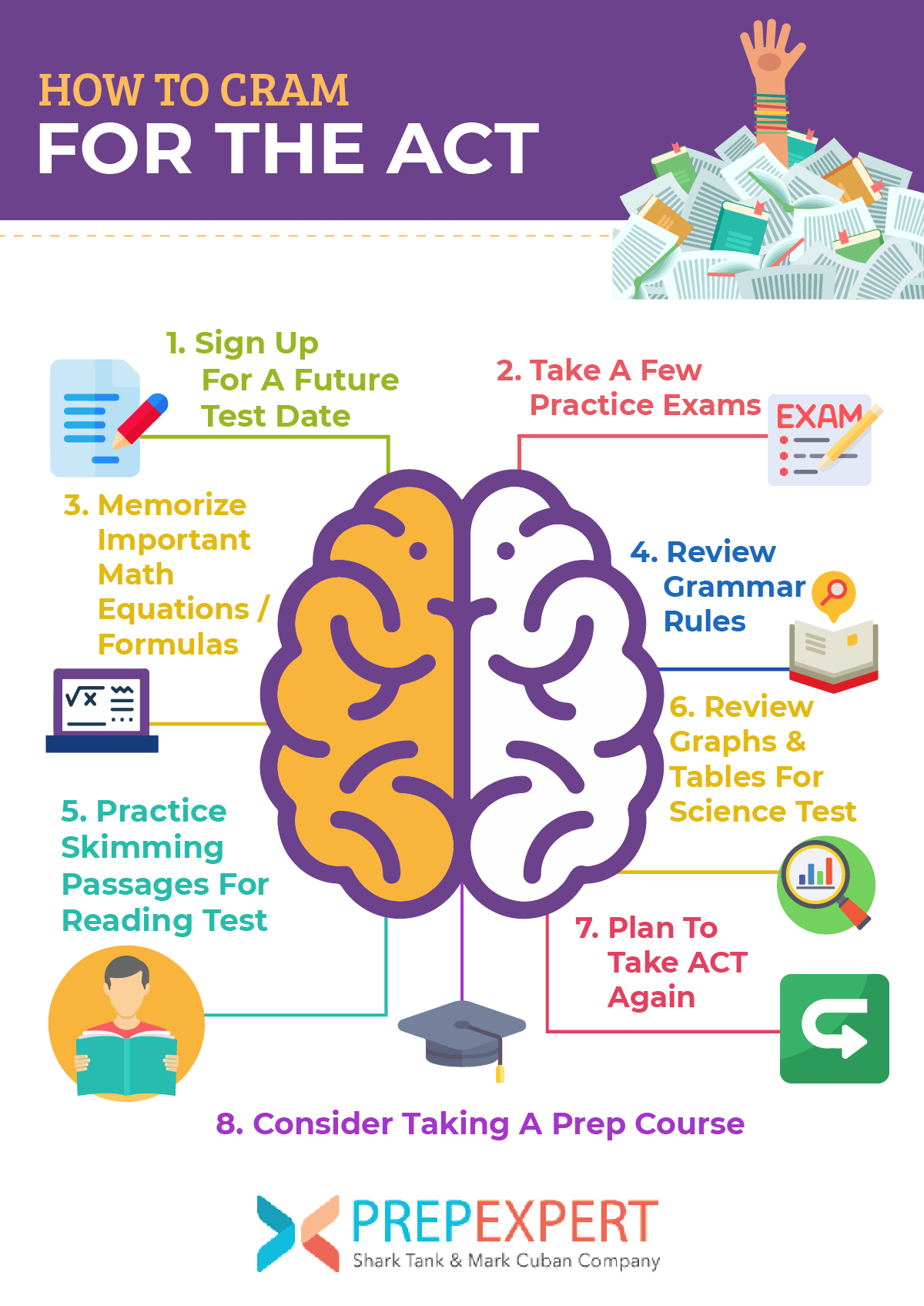
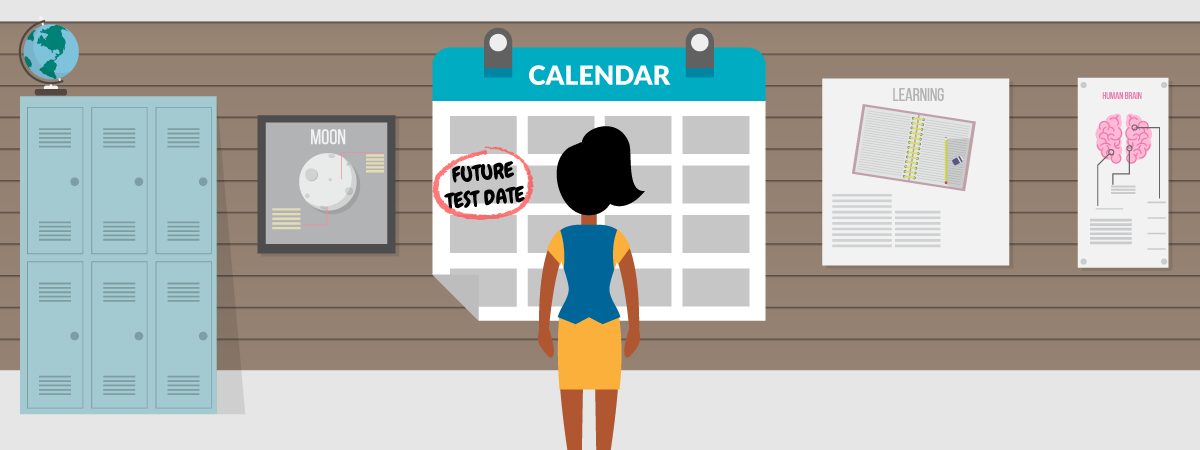
Sign Up For A Future Test Date
After you take the ACT, commit to some serious studying, then take the exam again in a few months.
It’s possible you’ll do great this time around—but it’s not likely. You need to be familiar with not just the concepts tested on the ACT, but also the different types of questions asked, as well as the things to look out for in right and wrong answer choices, to get a top score. You’ll only acquire this familiarity by taking lots and lots of practice exams over the course of a few months.
If you get a low score this time around, don’t worry—for each of the times you take the exam, most colleges will use your ‘superscore,’ which combines your best scores for each of the four tests for a new composite score, for the purposes of evaluating your application.
If you need some guidance or extra help with your ACT studying, consider taking an ACT prep course with Prep Expert. Our 6-week course will provide you with all the knowledge and strategies you’ll need to get a great ACT score.

Take A Few Practice Exams To Focus Your Cramming
If you complete at least a few practice ACT exams, you’ll know what to expect on the real ACT.
You don’t want exam day to be the first time you see an actual ACT. Knowing the types of questions you’ll encounter, and how you’ll do with the time limits on each of the four tests, will help you prioritize how you spend the rest of your time cramming.
[leadmagnet_five]
For example, if you notice that on the English test you’re getting questions about punctuation wrong, you’ll know to review how commas, periods, colons, semicolons and dashes are used. Or, if you notice that on the Math test you’re baffled by trigonometry questions, you can spend a little time going over SOH CAH TOA and trig identities.
Be sure you take your practice exams timed; this way, you’ll know how to pace yourself on the real exam. The two toughest tests on the ACT, time-wise, are the Math test and the Reading test. If you’re having trouble finishing them on time, you might need to come up with a strategy for earning the most points possible on the questions you are able to answer.
Also, don’t just focus your cramming on the content you’re rusty on. You should also note the types of questions you’re getting wrong—organization, context vocabulary, word problems, et cetera—and hone in on those as well.
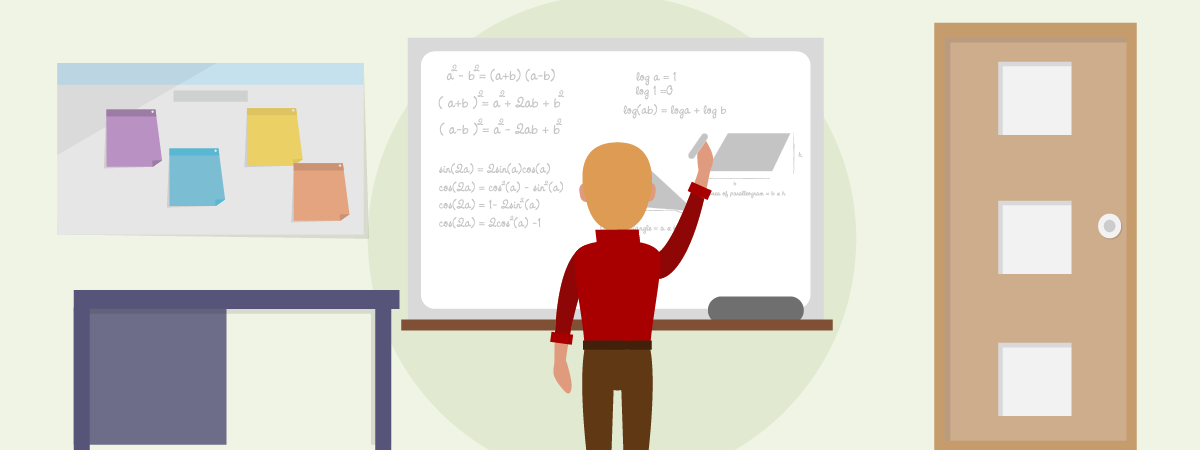
Memorize Important Math Equations And Formulas
Knowing things like the Pythagorean theorem, the equation of a circle, and slope-intercept form are crucial for problem-solving on the Math test.
Unlike the SAT, the ACT doesn’t provide you with any equations and formulas at the beginning of the test. This means that if you don’t know a particular equation or formula, you won’t be able to solve problems that use it—and almost all of the problems on the test require the use of an equation or formula.
So, be sure to note the ones you don’t know, and memorize them while you’re cramming. You can use flashcards, or try one of the many online resources available for studying ACT Math equations and formulas.

Go Over The Rules Of Grammar
Doing well on the English test requires you to know the rules of formal English grammar—things like comma usage and subject-verb agreement.
Chances have you learned this stuff years ago, or maybe never had a handle on it, to begin with. Well, now’s the time to get it all down—doing well on the English test comes down to knowing tiny details like the difference between ‘its’ and ‘it’s’ (one is a possessive pronoun, the other is a contraction).
Get a basic grammar book and go over the following: punctuation (specifically commas, colons, semicolons, and dashes), subject-verb agreement, noun-pronoun agreement, verb tense, conjunctions, possessives, contractions, and parallelism. Knowing the basics in these areas will put you in good shape for almost all the grammar questions you’ll be confronted by on the English test.
[act_two]
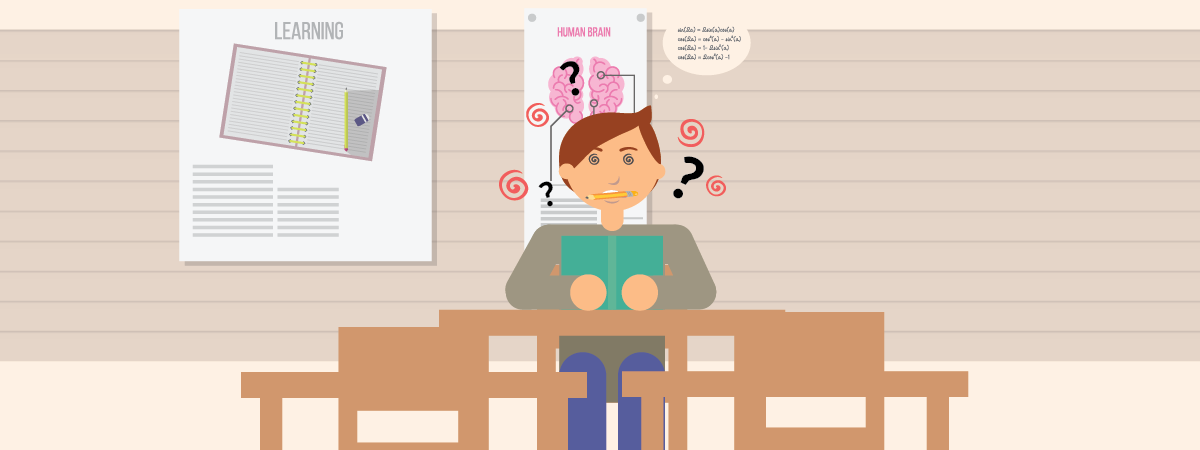
Practice Skimming Passages For The Reading Test
If you can’t finish the Reading test in the allotted 35 minutes, skimming is your best bet for getting through all the passages and answering all the questions.
The Reading test gives you the punishing task of getting through four 600-800 word passages and answering 40 questions in a paltry 35 minutes. Many students—even those who’ve spent months preparing for the ACT—have a hard time getting through it and answering all the questions. Thankfully, skimming is a skill you can use to cut the reading time down so you can answer all of the questions without guessing.
Skimming consists of reading the first and last paragraphs of a passage in full. Then, you read the topic sentences of each body paragraph, so you know what those paragraphs are about. Next, answer the questions with line citations first, so by the time you answer the general questions, you’ll have read as much of the passage as possible.
Of course, it’s ideal to read the entirety of the passages, if you’re able to within the 35-minute limit. With skimming, there’s bound to be some information you miss. Still, you should have enough understanding of the passages to answer most or all of the questions correctly.
Over the long term, the best way to increase your reading comprehension and speed is to read. The more reading you do, the better you’ll get. So, after you’re done with the ACT, get to the library!

Review Graphs And Tables For The Science Test
Know how to read and interpret tables, graphs, and scatterplots.
If you’re scared of science, don’t worry: the Science test, technically called the Science Reasoning test, is more a test of your logic and data interpretation skills than it is a test of science itself. In fact, you don’t need any knowledge from your biology, chemistry, or physics classes for the test—all the information you need to answer the questions will be in the passages.
What you do need to know is how to analyze and compare data, and to do so you need to know how to read tables, graphs, and scatterplots correctly. So be sure you review these things. On the Science test, they’ll be used to show the independent and dependent variables and the associated trends during the various stages of an experiment.
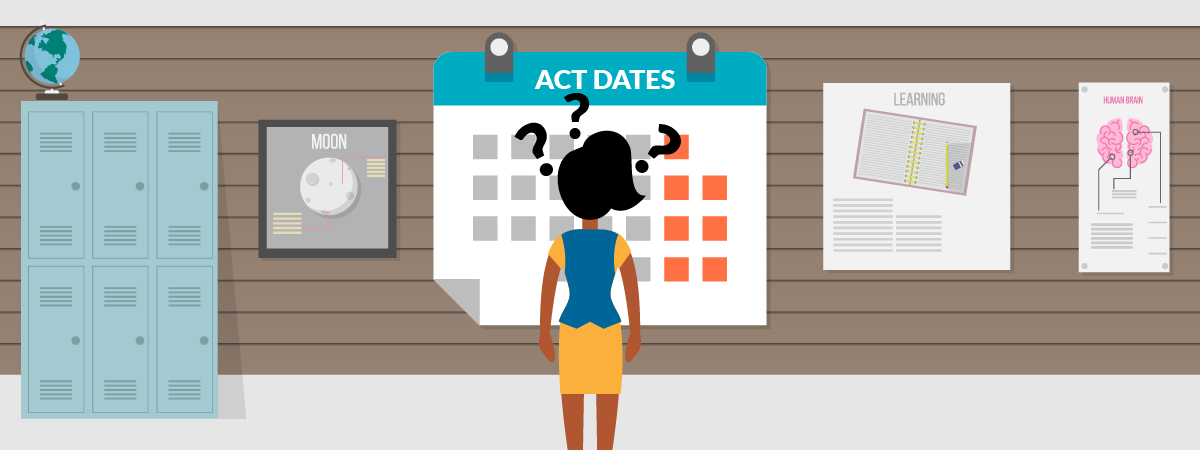
Plan To Take The ACT Again
You’ll likely do much better on the ACT a second time around if you do some serious studying rather than just cram.
When you get your score for this ACT back, don’t despair if it’s lower than you had hoped. Consider it practice, sign up for a test date a few months in the future, and get studying. Try to spend a couple hours each day studying, and take at least one timed practice test under test-day conditions per week.
Your score analysis from this test will be an excellent resource for determining where you need to do more studying. Remember, doing well on the ACT depends not just on content knowledge—things like comma usage and the Pythagorean theorem—but also on your ability to read the questions and answer choices correctly. So take note of which types of questions you tend to answer incorrectly, and drill those during your study sessions, too.

Consider Taking An ACT Prep Course With Prep Expert
Prep Expert offers classes in cities throughout the country, year-round.
Prep Expert’s expert instructors will guide you through each test on the ACT, equipping you with the knowledge and strategies you need to boost your score. All of the instructors at Prep Expert scored a 36 on the ACT, and they’ll provide you with their expert advice, as well as Prep Expert’s proven score-boosting strategies, as you study for the exam.
[leadmagnet_two]
In addition, they’ll give you a refresher on all that stuff you missed in class—grammar, geometry, vocabulary, et cetera—so you don’t have to worry about creating a syllabus of topics for yourself.
Prep Expert also offers online classes, so you can attend class from anywhere. And if you miss a class, or have a difficult schedule and need to study at a different time, you can watch a recording of the class instead. The class recordings are available to you up to 90 days after the course ends.
[act_three]
For more test strategy, college admissions, and scholarship application tips sign up for our FREE class happening right now!